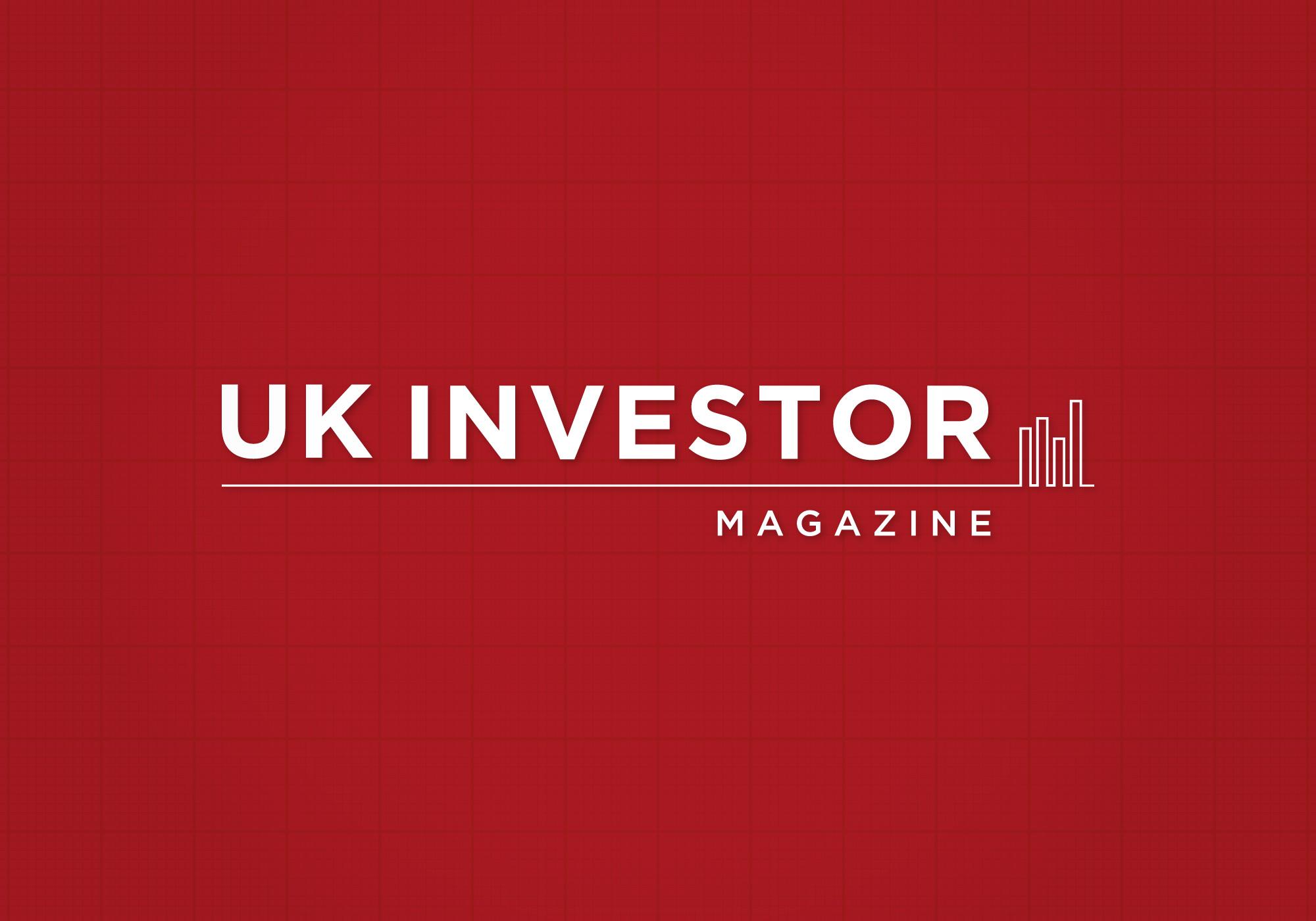Today’s budget market George Osborne’s eighth budget in his role. Join us at 12.30pm for live updates.
13.35
Osborne: “Aim to let working people keep more of the money they earn.”
Tax free personal allowance to £11,500
Increase high rate tax threshold to £45,000
13.30
Tampon tax money to go towards women’s charities.
Fuel duty frozen for sixth year in a row, saving £75 a year to the average driver.
Tobacco tax continues to rise.
Beer duty frozen in support of local pubs.
Enterprise:
Cutting capital gains tax to 20 percent, and cutting basic rate from 18 percent to 10 percent.
Increase ISA limit from £15,000 to £20,000
New scheme called ‘Lifetime ISA’ saving up to £4000 each year – for every £1 saved, the government will put in £1.
13.20
Education:
Extra funding provided so that every primary and secondary school in England will be an academy.
Focus on the North where performance is weaker.
Teaching maths to 18 for all pupils
Introduction of fair national funding formula.
Dealing with obesity
Introducing a sugar levy on the soft drinks industry. Levied on the companies and introduced in two years time. Assessed on the volume of imports and will have time to change recipes.
Money from levy will be used to double funding for primary school support. Libor funds will also be used towards children’s hospital services to improve health.
13.15
£150 million package support to reduce homelessness.
HS3 between Manchester and Leeds given the go-ahead.
Cross Rail 2 commissioned by the same company as Cross Rail 1.
Further investment in flood defences by increasing standard rate of insurance premium tax, committing all money raised to flood defences.
13.10
Commitments to National Infrastructure
Inviting bids to help develop modular reactors.
Abolishing petroleum tax offering support to oil and gas industry.
13.00
Fundamental reform of business tax system:
Low tax regime attracting businesses, but ensuring that they pay taxes in the UK. Will restrict interest reductability or the largest companies at 30 percent of UK earnings.
Allow firms to use losses more flexibly, helping 70,000 British companies, and restrict amount of losses that can be offset by 50 percent.
“Will help create a modern tax code raising extra money for the Exchequer.”
Reduce the rate of corporate tax from 20 percent to 17 percent in April 2020.
Introducing 2 new tax-free allowances up to £10,000 a year for those making money online, renting out homes etc.
Small business rate relief threshold raised to £15,000 as well as the higher threshold. 600,000 small businesses will see business rates cut or abolished entirely, supporting smaller businesses.
Commercial stamp duty reduced. 2 percent rate for high value leases above £5 million. Comes into force from midnight tonight. Raising £500 million per year.
Tax evasion: further action will be taken to prevent tax evasion, on top of those measures already taken. Public sector will have a duty to ensure that employees pay their tax. Tax evasion measures will raise £12 billion.
12.55
Debt will fall to 86 percent and end up at 77.2 percent in 2020.
Deficit will fall to 2.9 percent, in 2017-18 1.9 percent, 2018-19 1 percent.
Borrowing this year lower than forecast in Autumn Statement – has fallen to 55.5billion in 2016.
12.50
Welfare: Support for disabilities better targeted. Will still rise by more than £1 billion.
Public sector pensions: Reform saved over £400 billion in the long term. have revalued Pensions and Public Sector employers contributions will rise.
12.40
Economic forecast:
Osborne begins by accepting all the recommendations of Sir Charlie Bean’s report.
The OBR economic forecast for world economy has been revised down, with outlook weaker. The most significant change is the decision to revise down potential UK productivity growth – OBR acknowledge that this revision is a “highly uncertain call.”
IMF warns that economy faces growing risks of derailment – but says Britain is the best prepared. Osborne attributes this to his long term economic plan.
However, forecast on UK remaining in the EU – vote to leave could result in period of uncertainty and volatility. GDP will grow by 2 percent this year and 2.2 percent next.
Osborne reiterates he believes the UK is better off within a reformed EU.
Forecast for labour market
Businesses created 150,000 more jobs than expected. Forecasting a million more jobs in this parliament.
12.35
George Osborne called to speak. Reporting on “labour market delivering highest employment in history and deficit falling each year, on course for budget surplus.”
British economy “resilient” and has withheld headwinds.
Warns “markets are turbulent” and “outlook for global economy is weak”, bur Britain “well prepared to handle it.”
Reiterates that budget will be focused on the long term, with “sound public finances delivering security”. Mentions importance of investment in homes, school and social mobility, as well as helping working people save.




